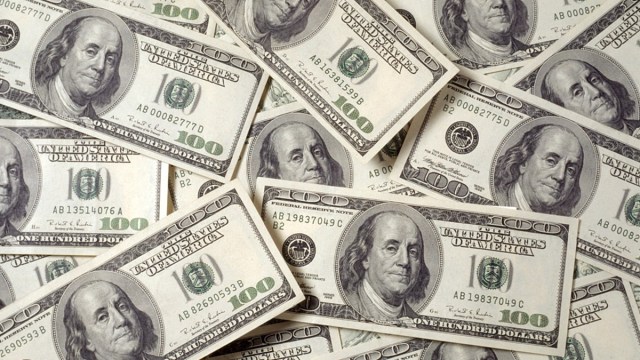
As inflation batters the economy, taxation is being advertised like a miracle drug. One idea is the “billionaire tax.” Another is for the IRS to expand its auditing of individual tax returns .
By Washington Examiner – Antonella Marty
Jun 5, 2022
In Washington, D.C., policymakers must tread carefully. Taxation is the wrong way to battle inflation. It has never worked, nor will it ever. Making the wealthy “pay their fair share” may be a popular talking point, but it will do nothing to slow price increases. To quote Milton Friedman: “Inflation is always and everywhere a monetary phenomenon.”
Worse yet, tax hikes will impede the private-sector entrepreneurs’ need to spur economic growth at a time when every single percentage point of expansion is precious.
My home country of Argentina is a sobering case study. In 2020, the Argentinian government implemented a tax on the country’s wealthiest residents in an attempt to offset the economic bleeding of the COVID-19 pandemic. Dubbed the “millionaire’s tax,” Argentina’s new tax law targeted the job creators responsible for employing countless workers, making it more difficult for employers to keep those workers on the payroll. By 2021, the wealth tax had transferred more than $2.4 billion from individual Argentines to a populist government beset by corruption .
Fast forward to 2022, and has inflation vanished in Argentina? No. To the contrary, annual inflation there hovers around 60% , over seven times the annual inflation rate of the United States. In nearby Venezuela, where municipal taxes are known to rise by 9,481%, inflation is nearly 700% . In neither country have tax hikes reduced inflation – not even close.
Later this year, consumer prices in Argentina are expected to jump by 70%, with Domestic Trade Minister Roberto Feletti, Argentina’s top anti-inflation official, recently resigning in failure . With their currency devalued, people are now forced to carry around large wads of cash wherever they go, literally straining wallets . In April, the Wall Street Journal summed it up best for U.S. readers: “Inflation Got You Down? At Least You Don’t Live in Argentina.”
Those who would expand the scope of Washington, D.C., should learn Argentina’s lessons. Reckless spending has already expanded América’s money supply, exacerbating the inflation crisis. According to Johns Hopkins University applied economists Steve Hanke and Nicholas Hanlon, the Federal Reserve’s obsession with printing money carries a direct consequence of higher prices. The Fed’s balance sheet now stands at an unprecedented $9 trillion , following more than two years of virtual money printing in the wake of COVID-19. This is on top of the federal government’s $5 trillion in COVID-related stimulus spending , which exceeds the entire cost of World War II (in today’s dollars).
…
Read More: Washington Examiner – Taxation is the wrong way to battle inflation
…

